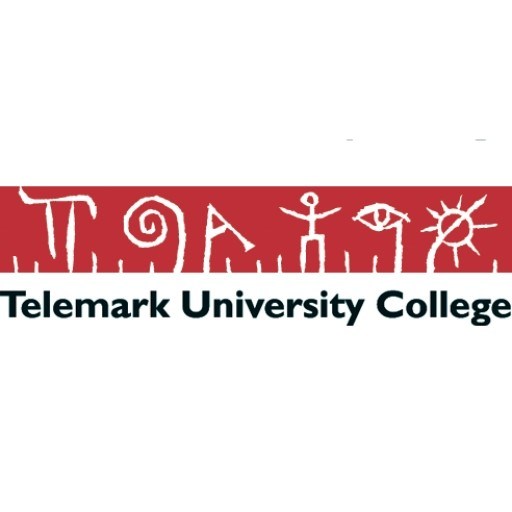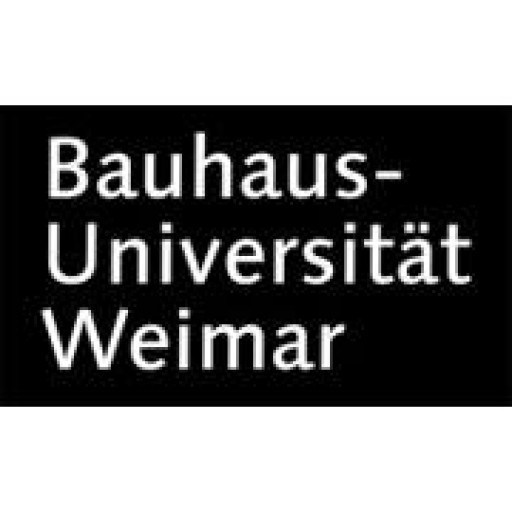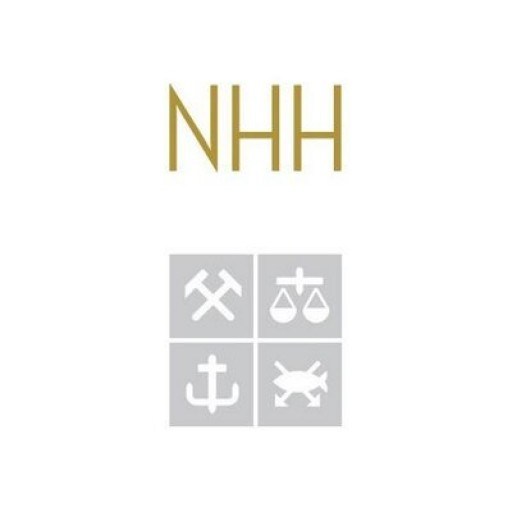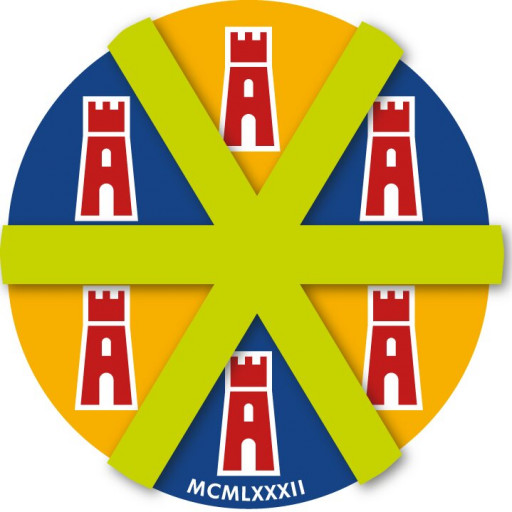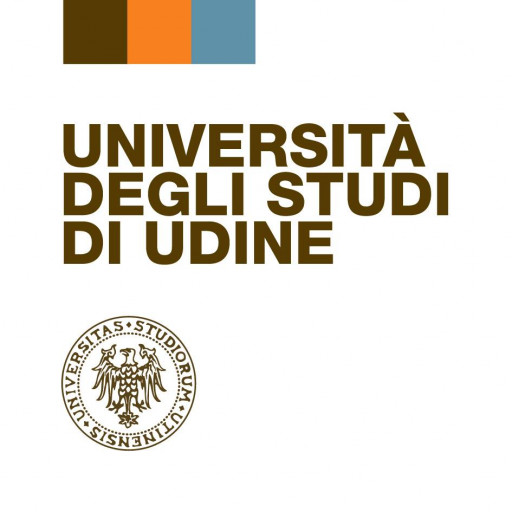The Master of Environmental Practice (MEP) at Royal Roads University is a comprehensive and dynamic graduate program designed to equip students with the essential knowledge, skills, and practical experience needed to address complex environmental challenges. This interdisciplinary program emphasizes real-world problem-solving, fostering a deep understanding of environmental issues from multiple perspectives, including ecological, social, economic, and policy dimensions. Students will engage in rigorous coursework that covers topics such as sustainable development, environmental policy and governance, ecosystem management, climate change adaptation, and environmental ethics. The program is tailored for professionals seeking to advance their careers or transition into environmental fields, offering flexible delivery options through online and blended learning formats that accommodate working students.
Throughout the program, students undertake applied projects, case studies, and collaborative research initiatives, often partnering with industry, government agencies, and community organizations. These practical components ensure that graduates graduate with relevant, hands-on experience and a strong professional network. The MEP program also emphasizes leadership development, critical thinking, and effective communication skills, preparing graduates to lead environmental initiatives, influence policy decisions, and implement sustainable solutions. In addition, students may have opportunities to participate in field excursions, workshops, and international study tours, further enriching their learning experience. Upon completion, graduates are prepared to work in various sectors, including environmental consulting, government, non-governmental organizations, and the private sector, contributing meaningfully to environmental stewardship and sustainable development efforts globally. The Royal Roads University’s rich tradition of experiential learning ensures that students not only gain theoretical knowledge but also develop practical competencies to make a tangible impact in the field of environmental practice.
The Master of Arts in Environmental Practice at Royal Roads University is a comprehensive and highly practical program designed to prepare professionals for leadership roles in environmental management and sustainable development. This innovative program combines interdisciplinary coursework, hands-on field experiences, and collaborative projects to equip students with the skills and knowledge needed to address complex environmental challenges across various sectors. Throughout the program, students will explore topics such as environmental policy, ecological monitoring, community engagement, renewable energy, and sustainable business practices. Emphasizing experiential learning, the curriculum encourages students to apply theoretical concepts to real-world situations, fostering critical thinking and problem-solving abilities. The program also prioritizes leadership development, empowering graduates to effectively communicate and advocate for environmentally responsible solutions within their organizations and communities. Collaborative projects often involve working with local governments, Indigenous communities, environmental organizations, and industry partners, providing valuable networking opportunities and practical insights into the environmental sector. Students can expect to engage in field trips, case studies, and research projects that deepen their understanding of environmental issues at local and global levels. The program's flexible delivery format, including part-time and online options, allows working professionals to balance their studies with career and personal commitments. Graduates of the Master of Arts in Environmental Practice will be well-prepared to pursue careers in environmental consulting, policy analysis, sustainability management, conservation initiatives, and non-profit advocacy. They will possess a comprehensive understanding of environmental challenges and solutions, along with the leadership skills necessary to make meaningful contributions toward a sustainable future. This program is ideal for individuals passionate about making a positive impact on the environment and seeking to advance their careers through interdisciplinary, practical, and community-engaged learning.
Program Requirements:
The Master of Arts in Environmental Practice at Royal Roads University is designed for professionals seeking to advance their careers in environmental management, sustainability, and related fields. To be eligible for admission, applicants must hold a bachelor’s degree from a recognized institution. In addition, applicants are required to demonstrate relevant professional experience, typically a minimum of two years in an environmental or related field, which may include roles in conservation, policy, consulting, or resource management.
Applicants must submit a completed application form, official transcripts from all post-secondary institutions attended, and a current resume or curriculum vitae outlining their educational background and professional experience. To assess motivation and suitability for the program, applicants are often asked to provide a statement of intent explaining their career goals and how the program aligns with their professional development.
English language proficiency is mandatory for applicants whose first language is not English. Acceptable tests include TOEFL, IELTS, or equivalent, with minimum scores determined by the university’s admission standards. Additionally, some applicants may need to submit letters of reference, typically two, from individuals familiar with their academic or professional work.
The program comprises coursework, experiential learning, and a capstone project, requiring students to complete a set number of credits as specified by the curriculum. In the coursework component, students engage with topics such as environmental policy, sustainable development, ecological assessment, and integrated resource management. The experiential learning element often includes field work or practicum placements with partner organizations, providing practical experience in real-world settings.
The capstone project involves developing a comprehensive environmental management plan or policy recommendation, requiring students to apply their theoretical knowledge to practical challenges. Upon successful completion of the coursework, experiential activities, and capstone project, students are awarded the Master of Arts in Environmental Practice degree.
Program duration is typically two years for full-time students, though part-time options may be available, extending the timeline accordingly. Continuous enrollment and academic progression are governed by the university’s policies, ensuring students meet all necessary course requirements and maintain satisfactory academic standing to graduate successfully.
Overall, the program emphasizes interdisciplinary knowledge, practical skills, and ethical practices in environmental management, preparing graduates to become effective leaders in addressing complex environmental challenges at local, national, and international levels.
Financing options for the Environmental Practice graduate program at Royal Roads University include a variety of financial aid opportunities designed to support students throughout their studies. Prospective students can explore scholarships, bursaries, and awards available through the university, which are often based on academic achievement, financial need, or specific eligibility criteria such as community involvement or intended career path. The university recommends applying early for these awards to increase the likelihood of receiving financial assistance. Additionally, students may consider government student loans provided by federal and provincial programs, which often have favorable interest rates and repayment options. Royal Roads University also partners with various organizations and industry sponsors to offer specialized scholarships for students enrolled in environmental and sustainability-related programs.
International students should consult the university's International Student Office for specific scholarship and financial support options tailored to their status. Students employed part-time during their studies may also qualify for employment opportunities on campus or in nearby communities, which can help offset some of the educational costs. Other financing strategies include private loans from financial institutions, which require careful consideration of interest rates and repayment plans. The university provides financial planning resources and counseling services to assist students in budgeting and managing their education expenses effectively. It is advisable for students to prepare a comprehensive financial plan before embarking on their studies to ensure they can sustainably finance their education and associated living costs. Overall, Royal Roads University offers a robust support system to help students fund their Environmental Practice program and succeed academically.
The Environmental Practice program at Royal Roads University is designed to prepare students for effective leadership and practical roles in environmental management and sustainability. This program emphasizes an integrated approach to environmental issues, combining theory with real-world applications to address complex ecological challenges. Students undertake a comprehensive curriculum that covers key domains such as environmental policy, resource management, ecological restoration, environmental law, and sustainable development. The program aims to deepen understanding of ecological systems, environmental ethics, and the social, economic, and political factors influencing environmental decisions.
Royal Roads University focuses on experiential learning, offering opportunities for students to engage in hands-on projects, internships, and community collaborations. This practical approach ensures that graduates are equipped to implement sustainable solutions in diverse settings, including government agencies, non-profit organizations, consulting firms, and private industry. The program also fosters interdisciplinary collaboration and emphasizes leadership skills, preparing students to advocate for environmentally responsible policies and practices.
Designed for working professionals as well as full-time students, the program provides flexible learning options, including online coursework and weekend residencies. It often attracts individuals from various backgrounds such as environmental science, policy, business, and education, fostering a diverse learning environment. The program typically culminates in a capstone project or thesis, where students demonstrate their ability to apply learned concepts to real-world environmental challenges.
Royal Roads University’s commitment to sustainability and community engagement is reflected throughout the program, with opportunities to participate in sustainability initiatives and research activities. Graduates of the Environmental Practice program are well-positioned to contribute to environmental conservation, policy development, and sustainable resource management, supporting the university's mission to prepare ethical leaders with a global perspective.

